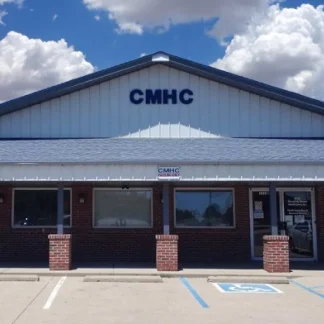Community Mental Health Center
West Harrison, Indiana, 28208 state Route 1, Suite 101, 47060
Available Programs
- Adolescence program
- Adult program
- Children program
- Elderly program
- Hearing impaired program
- Program for men
- Program for women
- Young adult program
Insurance and Financial
- Medicaid
- Private insurance
- Self-pay options
- Financial aid
- Sliding scale payment assistance
- Medicare
- Military insurance
About this Facility
Community Mental Health Center - State Route offers outpatient treatment for individuals with alcohol and/or substance addiction. The program includes individual counseling, group therapy, family support and more. Community Mental Health Center - State Route is located at West Harrison, Indiana.
CMHC is licensed as a psychiatric hospital by the Indiana Division of Mental Health and Addiction, and is certified as a community mental health center, psychiatric hospital, residential services provider, managed care provider for seriously mentally ill adults, seriously emotionally disturbed children and adolescents, and as a provider for substance abuse services. Additionally, CMHC is endorsed by the Division as a provider of compulsive gambling services.
CMHC offers a full continuum of care to individuals and families of all ages. CMHC follows the recovery model which emphasizes and supports each individual’s potential for recovery. Recovery is seen as a personal journey that utilizes supportive relationships, empowerment, social inclusion, and coping skills.
Contact us for more information: (812) 576-1600

Contact Community Mental Health Center
Connect with Community Mental Health Center by calling their admissions team directly.
(812) 576-1600 Website Get Directions